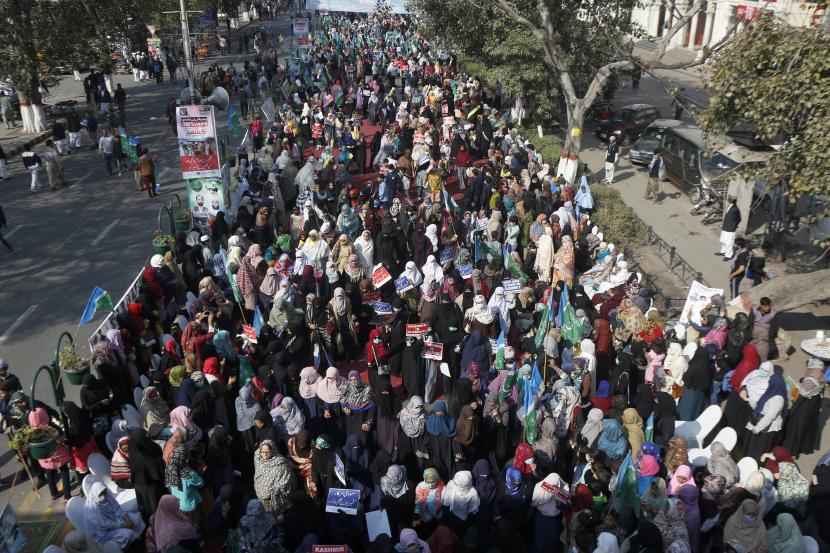While a lot has been said in recent UN General Assembly sessions about international peace and security on one side and conflict resolution on the other, all emphasized the need for cooperation and not confrontation.
However, in the end, it was clear that every member nation wanted cooperation that will serve only its own national interests, and not cooperation that will serve humanity or the interests of other nations or people.
Lars Lokke Rasmussen, the former Danish Prime Minister, said, “Today the world again faces a situation, where cooperation and dialogue are all too often replaced by force and violence.” His vision can hardly be disputed by anyone.
Former President Obama said, “It is these international principles that helped constrain bigger countries from imposing our will on smaller ones…On this basis, we see some major powers assert themselves in ways that contravene international law.”
Quite true, obviously. But, of course, Obama was subtlety pointing fingers at Russia, and perhaps it would be well if his own foreign policy advisors should have given heed. US intervention militarily in numerous countries in the last three decades, whether directly or indirectly, such as in Syria, are a matter of history.
Zbigniew Brzezinski, a national security advisor to President Carter, had proposed that we “disarm” the Russian ships supporting the Syrian regime. President Putin had, however, suggested that Russia’s presence in Syria could lead to negotiations to settle the political differences involved. None of this bloodshed and millions of displaced Syrians would have occurred if that had been the policy from the start.
I fail to understand who prevents these world leaders from using their moral authority to persuade the violators of international laws, like India in Kashmir, to abide by these principles.
Perhaps international arms sales and the general military industrial complex that seems to have a firm grip on foreign policy priorities might offer a clue, and when world leaders are complicit, it is rather difficult for them to hold any high ground in any moral prerogative that might be addressed toward one’s partners.
Observing democratic process and civility in international affairs seems too great a request for people who lack both the will to act responsibly and the maturity to understand the proper role of civil servants of society.



